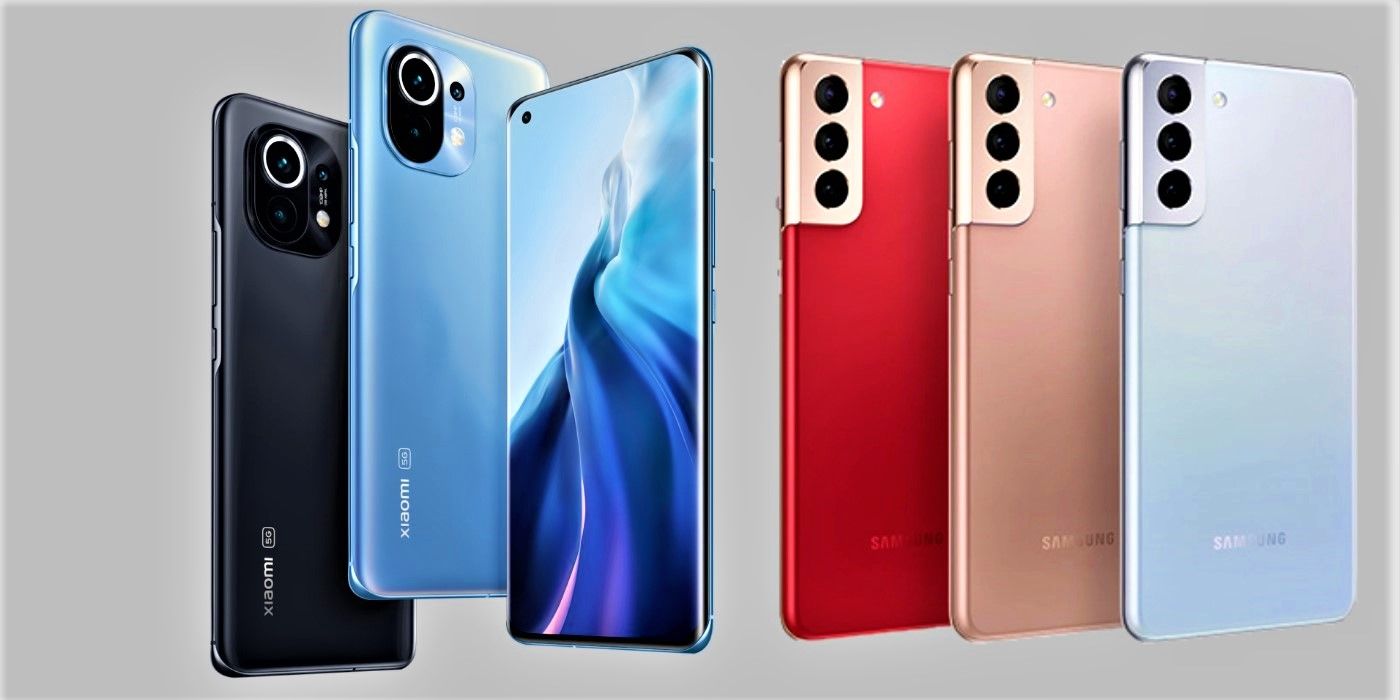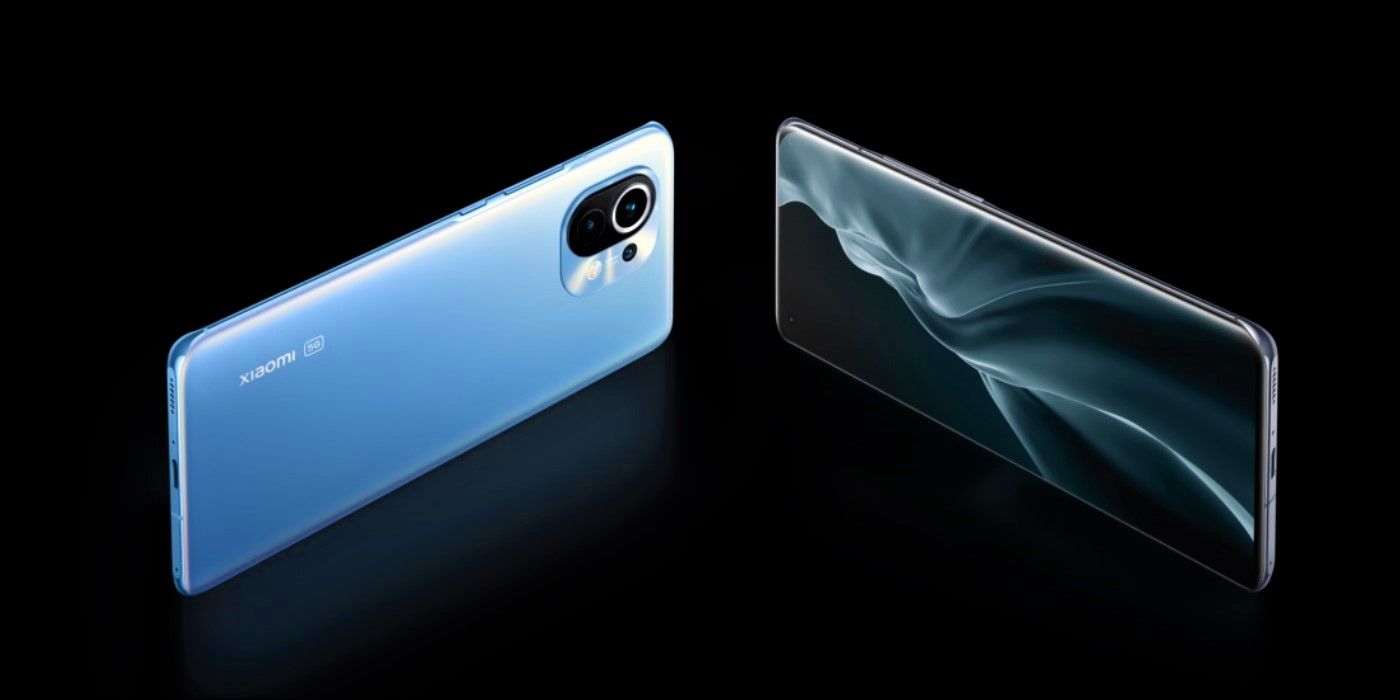Xiaomi Mi 11 Global Release: How Does It Compare To Samsung's Galaxy S21?

Xiaomi is releasing its Mi 11 flagship smartphone worldwide, finally bringing its premium display and camera specs to the international market in the process. While the Mi 11 boasts better hardware than the Galaxy S21 in certain areas, it might fall a bit short in the software department. Xiaomi's latest flagship was also the first smartphone to be announced with a Snapdragon 888 processor.
The powerful processor isn't the only selling point, as there is also a lot going on under the hood in terms of the pro-grade camera and charging standards. In fact, Xiaomi touts that the Mi 11 has one of the best displays on the market today, and with good reason too. The Mi 11's ultra-bright display even managed to best Samsung's Note 20 Ultra, but will the results be the same when compared to the Galaxy S21 on everything else?
In a blog post, Xiaomi announced that the Mi 11 will be available to buy in international markets as early as February. Xiaomi's flagship comes with the same 8GB RAM and 128GB or 256GB internal storage options as the Galaxy S21. However starting at $749, Xiaomi's Mi 11 is priced $50 less than Samsung's latest phone, storage for storage. A Xiaomi purchase also comes with a two-year warranty, along with a one-time free damage repair at any local Xiaomi service center during the first year.

Xiaomi equipped its Mi 11 with a lot of meaningful improvements over its predecessor in terms of hardware and overall functionality. This translates to a bigger 6.8-inch AMOLED WQHD+ display, with a smooth 120Hz refresh rate and a 480Hz touch sampling rate, which significantly helps boost gaming response time. The Mi 11 utilizes a triple-camera setup consisting of a 108-megapixel wide-angle lens, 13-megapixel ultra-wide lens and a 5-megapixel telemacro lens, accompanied by a 20-megapixel selfie camera. Lastly, the Mi 11 comes with a huge 4,600 mAh battery capacity that's compatible with 55-watt wired fast charging, 50-watt wireless charging, and 10-watt reverse charging speeds. However, Xiaomi's flagship is operating on a modified version of Android called MIUI 12.5, and while it still comes with most of Android's benefits, including Google's apps, security might not be as good or as up-to-date as some other brands. Not to mention, the recent controversy surrounding the company's data collection practices.
Samsung's Galaxy S21, on the other hand, also received its own slew of upgrades, but compared to the Mi 11, its 6.2-inch AMOLED display is smaller, and its resolution, pixel density and 240Hz touch sampling rate are lesser as well. The triple-camera setup has smaller apertures than the Mi 11's, and a lower resolution 10-megapixel selfie camera. Although optical zooming is better, thanks to the 64-megapixel telephoto lens. The battery is another area that lags behind, given the 4,000 mAh capacity and considerably slower 25-watt wired charging, 15-watt wireless charging, and 4.5-watt reverse charging speeds. Of course, security might be less of a concern for Samsung phones, due to the company's Knox solution.
Overall, the Mi 11 is still a hardware juggernaut and available at a surprisingly lower price, but security and the lack of decent optical zooming might make some users think twice. In contrast, the Galaxy S21 might be the better (and safer) choice, given that the differences to Xiaomi's flagship smartphone could be considered quite nuanced to the average consumer.
Source: Xiaomi
https://ift.tt/2Ng9adS
February 10, 2021 at 06:02AM
Labels: ScreenRant - Feed


0 Comments:
Post a Comment
Subscribe to Post Comments [Atom]
<< Home